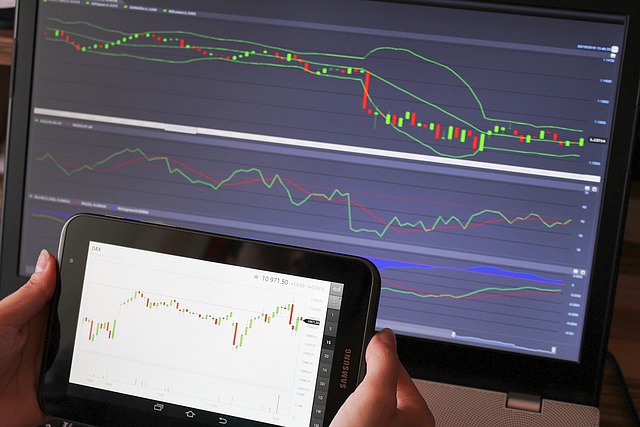
Forex trading, the art of exchanging one currency for another globally, has gained immense popularity among novice traders seeking to capitalise on the world’s largest financial market. While the profit potential is enticing, entering the forex markets can be daunting without a solid understanding of the fundamentals and effective trading strategies.
This article guides novice traders, offering essential tips and strategies to navigate the complex world of forex trading.
Understanding the basics of forex trading
Before diving into the markets, novice traders must grasp the foundational concepts of forex trading. The forex market operates 24 hours a day, five days a week, and involves trading currency pairs, exchanging one currency for another at an agreed-upon exchange rate. Major currency pairs include EUR/USD, GBP/USD, and USD/JPY.
Currency pairs are categorised into major, minor, and exotic, representing different economies and trading volumes. Novice traders should focus on significant pairs initially, as they offer more liquidity and are generally less volatile than exotic pairs.
Leverage is a double-edged sword in forex trading, allowing traders to control more prominent positions with a smaller capital outlay. While leverage amplifies potential profits, it also magnifies potential losses. Therefore, understanding and managing leverage is crucial to protect your trading capital.
Developing a solid trading plan
A well-defined forex trading plan is the cornerstone of success in forex trading. Novice traders should set clear objectives, whether generating consistent income or building long-term wealth. A trading plan outlines your risk tolerance, preferred trading style (such as day trading, swing trading, or position trading), and the currency pairs you intend to trade.
Effective risk management is paramount to safeguard your capital and ensure long-term success. Novice traders should never risk more than a small percentage of their trading capital on a single trade. Position sizing techniques, such as the fixed percentage method or the Kelly criterion, can help determine the appropriate trade size based on your risk tolerance and account size.
Mastering technical and fundamental analysis
Technical analysis involves studying historical price charts to identify patterns, trends, and potential entry and exit points. Novice traders should familiarise themselves with standard technical indicators, such as moving averages, relative strength index (RSI), and stochastic oscillators.
Technical indicators provide valuable insights into market trends and potential reversals. For instance, a moving average crossover can signal a change in trend direction, while the RSI indicates overbought or oversold conditions. Chart patterns like head and shoulders, double tops, and triangles can aid in predicting future price movements.
On the other hand, fundamental analysis involves assessing economic indicators, interest rates, geopolitical events, and central bank policies that impact currency values. Novice traders should stay informed about major economic releases, such as non-farm payroll reports and central bank rate decisions, as these can trigger significant market movements.
Practising patience and emotional discipline
Novice traders often fall victim to emotional trading, leading to impulsive decisions and substantial losses. Patience and emotional discipline are vital qualities to cultivate. Avoid chasing quick profits and focus on executing well-thought-out trades based on your trading plan and analysis.
To overcome emotional biases, novice traders can utilise techniques such as setting predefined entry and exit points, implementing stop-loss orders to limit potential losses, and refraining from trading during high volatility. Moreover, keeping a trading journal to document your trades, thought processes and emotions can help identify patterns and areas for improvement.
Utilising demo accounts for skill development
Novice traders can accelerate their learning curve by utilising demo accounts provided by many forex brokers. A forex demo account allows traders to practise trading strategies and gain hands-on experience without risking natural capital. This valuable tool helps traders understand how to execute trades, manage positions, and assess the effectiveness of their chosen strategies.
Demo trading is particularly advantageous for novice traders, providing a risk-free environment to experiment with various trading techniques. Novice traders can test their strategies in different market conditions, observe how their trades would have performed, and make necessary adjustments without fearing losing real money. This practice builds confidence and helps identify strengths and weaknesses in a trader’s approach.
All in all
Forex trading presents novice traders with a promising avenue to participate in the global financial markets. By understanding the basics of forex trading, developing a solid trading plan, mastering technical and fundamental analysis, and practising emotional discipline, novice traders can embark on a journey toward success.
While the forex markets are challenging and require continuous learning, the potential rewards for disciplined and well-prepared traders are undoubtedly worth the effort. With dedication and perseverance, novice traders can navigate the complexities of forex trading and work towards achieving their financial goals.




